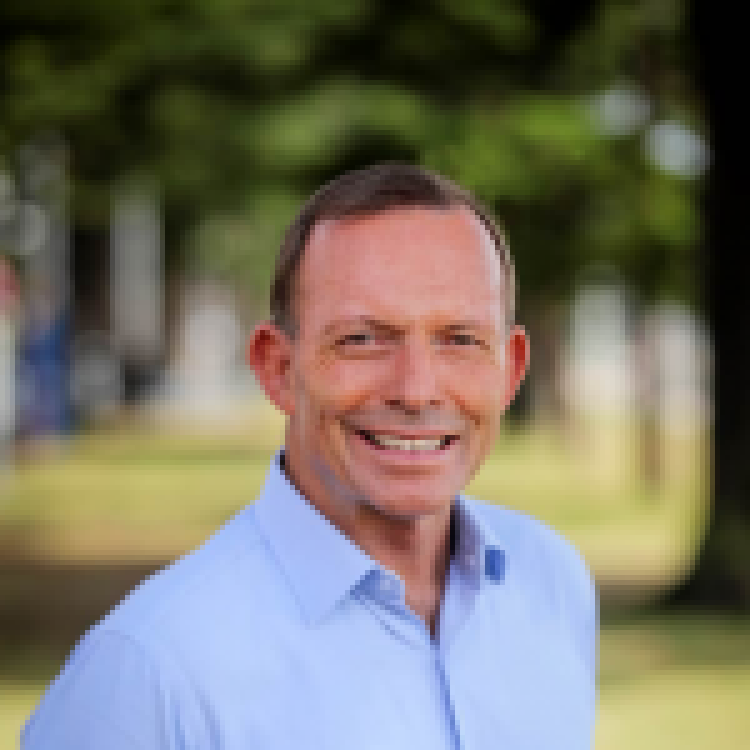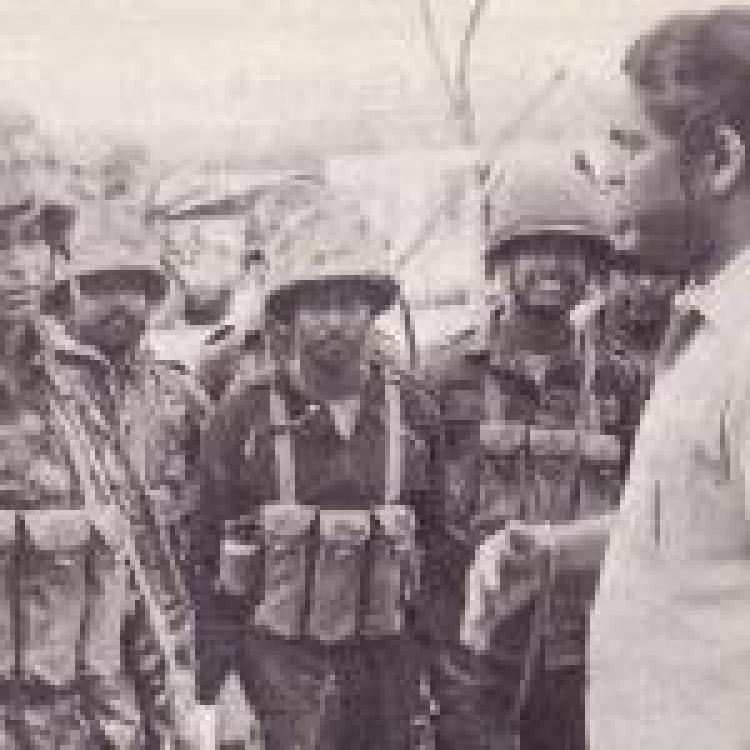![]()
Writing in the Australian paper, The Age, Rawan Arraf, Director of the Australian Centre for International Justice, argues that Australia needs a “dedicated and permanent program” to investigate and prosecute war criminals in Australia.
This call follows Australia’s Brereton inquiry, an inquiry lead by Major-General Paul Brereton, who has been investigating unlawful killings by Australia’s Special Air Force, since 2016. The inquiry has thus far investigated more than 55 incidents of alleged unlawful killings and cruel treatment of Afghan civilians and captured combatants. Australia’s Federal Police (AFP) is investigating three incidents but has been put on notice to prepare for more.
Read more here: Australia SAS chief admits elite troops committed war crimes in Afghanistan
Drawing on the model of Australia’s Specialised Investigations Unit, set up in 1987 to investigate the presence of alleged Nazi war criminals in Australia, Arraf maintains that the AFP is in need of “specialist training, skills, and resources to undertake” war crimes investigations.
He further notes that:
“Authorities often find the challenges involved in investigating and prosecuting crimes committed extraterritorially daunting, and consequently choose not to prioritise these cases”.
The Special Investigation Unit was disbanded in 1994, Arraf notes however it moved operations to overseas and recently was successful in bringing “the financier of the Rwandan genocide, Felicien Kabuga” to justice. Kabuga was on the run for over 25 years.
A failure to thoroughly investigate allegations of war crimes committed in Afghanistan, warns Arraf, may lead to a referral to the International Criminal Court in the Hague.
He further notes that countries such as “the Netherlands, Germany, France, Switzerland, Sweden, Britain and the US” all have “long-established war crimes units that are actively investigating atrocities”.
Read Arraf’s original piece in The Age.




